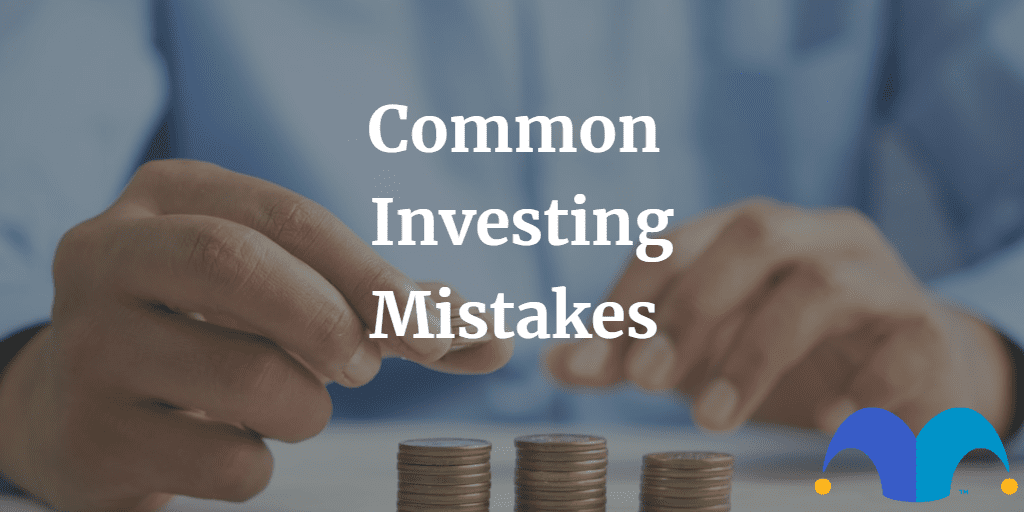When trying something new, it goes without saying that you’re probably going to make some mistakes. As a first-time investor, this could end up costing you money.
Here’s how you can dodge some obstacles and avoid getting tripped up when you begin your investing journey.
How can first-time investors avoid common mistakes?
InvestEngine founder Simon Crookall has put together his top suggestions for new investors. Let’s take a look at what he believes are six vital steps to help investors straight out of the gate.
1. Be a goal-getter
Before you part with any money, it’s important you have goals and an investing strategy.
Setting this all up from the start will help you avoid making silly mistakes or deviating from your plan and long-term objectives.
2. Plan to play the long game
This is something we advocate here a lot at The Motley Fool. The benefits of a long-term investing outlook can be remarkable.
Along with helping you potentially maximise returns, investing for the long run can also help to minimise losses. Markets will usually see some volatility in the short term. But having a properly diversified portfolio and lots of time ahead of you will improve your chances of being a successful investor.
3. Know your risk appetite
Everyone’s attitude to risk is different. Don’t just pick out investments without seeing whether they fall within your own risk tolerance.
If you are a risk-averse person, that’s fine. It will help to guide the way you invest. Investing isn’t all about chasing big gains, so don’t get swept off course.
4. Avoid the social current
Sometimes, it can be hard to avoid peer pressure as a first-time investor. This is especially true when it seems like everyone else is making money effortlessly.
It’s important to understand that if everyone thinks there’s a foolproof way to make money, then trouble is probably just around the corner! There have already been some good examples of this happening this year with things like GameStop and Dogecoin. Try to keep your cool and avoid falling into the honey traps.
5. Diversification is key
Whatever kind of investor you decide you want to be, it’s still important to try and have some balance.
If you want to focus on growth, that’s okay. But try and keep some stable investments or different assets to make sure you have a bit of diversification. This is going to make sure you’re not too reliant on just one type of investment. This can help reduce risk as a first-time investor and ensure you’re not overexposed.
6. Know when to leave it to the experts
The more you learn about investing, the more you’ll realise there is always more to learn.
This means it never gets boring or dull. But it also means that sometimes it’s best to get a helping hand from the experts. There will usually be a small fee for the guidance, but it could stop you from making costly mistakes!
How do first-time investors begin investing?
If you want to go ahead with a DIY approach, make sure you use a share dealing account that gives you lots of choice and control over your investments.
For those who don’t want to be so hands-on, you can use something like an investing solutions provider to build and manage a portfolio for you.
Whatever route you decide on, using a stocks and shares ISA is also going to help you minimise the tax you pay, which will help boost your returns.
Remember that with investing you might get out less than what you put in. But armed with this knowledge, you can avoid some of the most common pitfalls and, over time, have a better chance of becoming a successful investor.
Please note that tax treatment depends on the specific circumstances of the individual and may be subject to change in the future.
